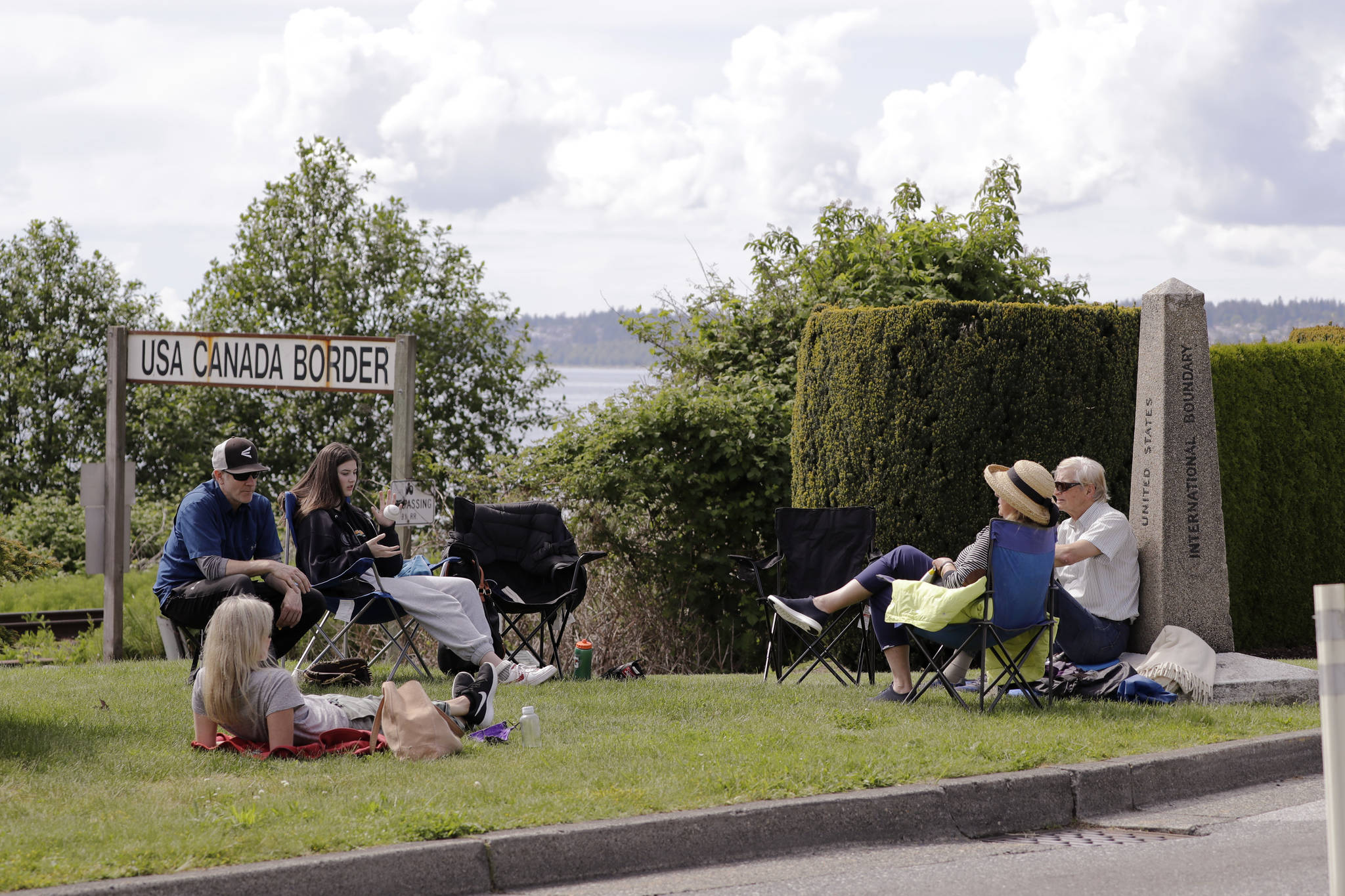By ROB GILLIES
Associated Press
TORONTO — Canada and the United States have agreed to extend their agreement to keep their border closed to non-essential travel to July 21 during the coronavirus pandemic.
Canadian Prime Minister Justin Trudeau said Tuesday’s agreement extends the closure by another 30 days. The restrictions were announced on March 18 and were extended in April and May.
“This is a decision that will protect people on both side of the border as we continue to fight COVID-19,” Trudeau said.
Many Canadians fear a reopening.
Americans who are returning to the U.S. and Canadians who are returning to Canada are exempted from the border closure. Immediate family members of Canadians are also allowed entry into Canada, but must quarantine for 14 days.
And essential cross-border workers like health care professionals, airline crews and truck drivers are still permitted to cross. Truck drivers are critical as they move food and medical goods in both directions. Much of Canada’s food supply comes from or via the U.S.
Canada sends 75% of its exports to the U.S. and about 18% of American exports go to Canada. The U.S.-Canada border is world’s longest between two nations.
Trudeau said he his open to a Canadian city hosting National Hockey League games if if local health officials agree with it. The league plans to have training camps open July 10 and to play games without spectators in a couple of cities.
“Canada is open to it so long as it is OK by the local health authorities,” he said.
• This is an Associated Press report.

